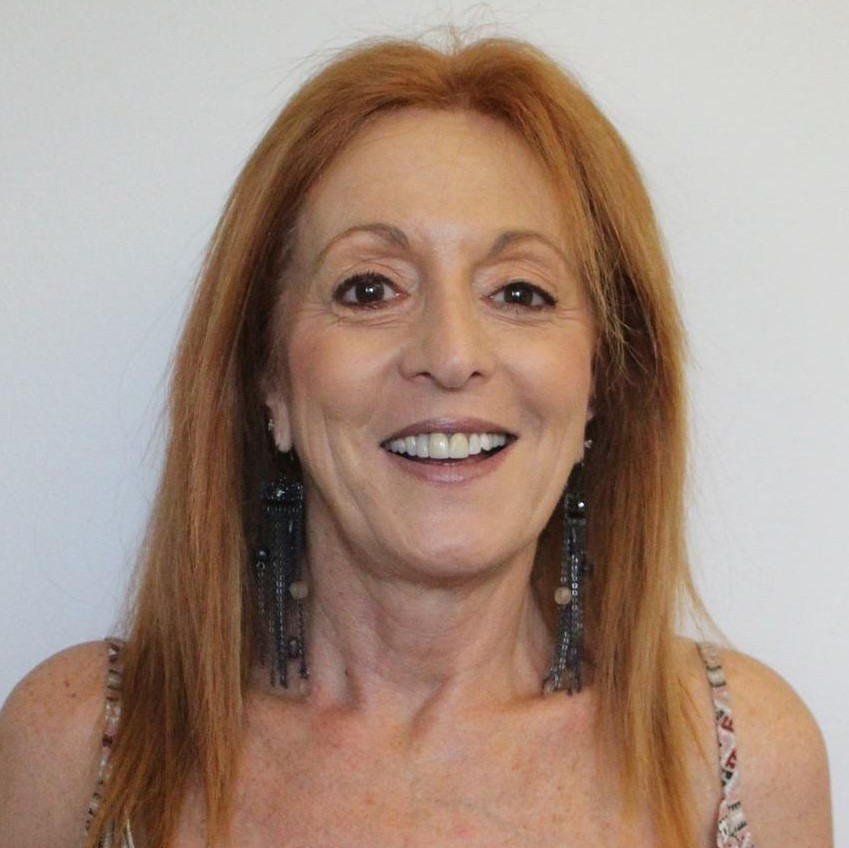
News

The superhero who staves off starvation
TALI FEINBERG
Fraser’s enthusiasm for South Africa’s youngest citizens shines through. In fact, her unabashed adoration of children may just match the love that Nelson Mandela had for them. On Mandela Day on 18 July, she usually arranges a day of festivities for children at the Nashua building in Johannesburg as the founder of the Nashua Children’s Charity Foundation (NCCF).
“Usually, children turn the Nashua building upside down on 18 July!” she says. It’s possibly her favourite day of the year, when R400 000 worth of food, groceries, and essentials are distributed to needy children and their families.
Now, for the first time in the 14 years since she founded the NCCF, this Mandela Day celebration can’t happen because of the pandemic.
Instead, this year she hopes that “Mandela Day will be spent delivering food parcels in the very rural Limpopo area of Ga-Dikgale. We just need another generous sponsor. We need to feet 3 627 children. The 20 drop-in centres that they depend on for sustenance have not received groceries since February. Marc Lubner is making a sizable donation, and Feed SA has very generously donated 500 hampers, but we need a sponsor for another 1 300.”
Meanwhile, the crisis caused by the COVID-19 lockdown has taken centre stage in her life.
“There are so many of us from our community who are making things happen for the almost 15 000 children that we [the NCCF] permanently assist, but now, so much more is needed,” she says.
“When I founded the NCCF 14 years ago, supporting just two orphanages, the farthest thing from my mind was that we would be assisting 73 orphanages, early childhood development centres, special-needs centres, special-needs schools, outreach centres, feeding schemes, soup kitchens, and more than 1 000 children living in three informal settlements. And then the pandemic hit. I’m used to seeing hunger, but I’m not used to seeing starvation. In my 30 years of working with children, this is unprecedented.”
Most of the children in the orphanages her organisation assists usually spend their day at school, where there are feeding schemes. “All the orphanages had to supply was a snack,” Fraser says. “Children would also sometimes visit a foster family or guardian on weekends or during holidays. But under the lockdown, the children are there 24/7, and the orphanages aren’t coping.”
The NCCF has therefore had to step in and step up, providing everything from fresh produce to meat, to basic toiletries. There are also child-headed households or grandparent-headed households that are dependent on school feeding schemes and now need to feed youngsters at home. Again, the NCCF has stepped in to assist.
Fraser has also teamed up with members of the Jewish community to organise major food drives. This has included creating campaigns and organising drop-off points, then channelling the goods to where they are needed most. She has also raised funds for bulk shopping of groceries and other essentials. Along with a team of volunteers, she will buy a truckload of non-perishables, stationery, and essentials to be sent to just one community, and then do it all again the next week. “Our monthly spend at Dis-Chem, Pick n Pay, and Makro averages R200 000,” says Fraser.
Every year, she has organised a flatbed truck with 20 pallets of groceries to be delivered to rural Limpopo, and was thrilled to be able to do so again this year.
She isn’t afraid to team up with other organisations and share the load, and has worked closely with other Jewish female superheroes Glynne Wolman and Marilyn Bassin – featured in this newspaper – as well as many other South African Jewish community members. “I just want to do tzedakah [charity] and chesed [kindness]. My Jewish identity is a driving factor,” she says.
Her family helps her be a mother to many. “My husband, Mel, is so patient and believes in what I do. And he does the grocery shop!” she says with a smile. Much of her work is done in memory of her late daughter, Hayley, who especially loved the times that the NCCF took children on trips to game reserves and Sun City.
“I’ve never known how to say no. I sometimes panic and think, ‘What’s tomorrow going to bring? How many more are we going to need to help?’” says Fraser. “But I keep going because I want to see children smiling again.”




